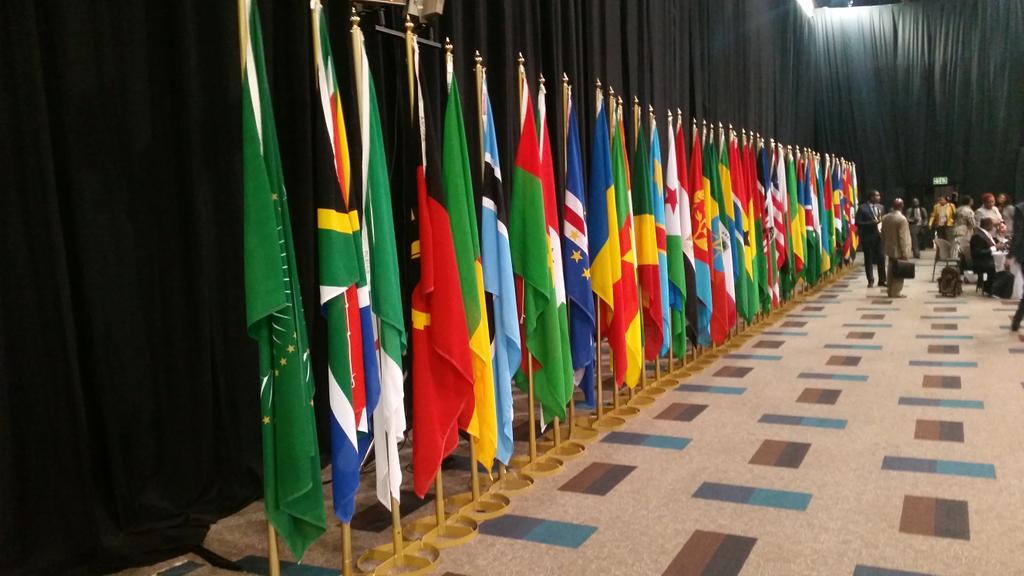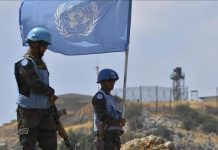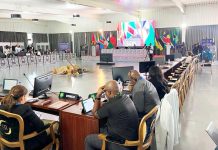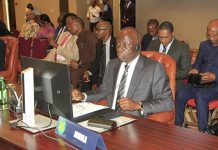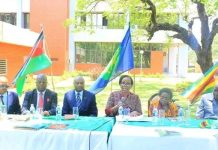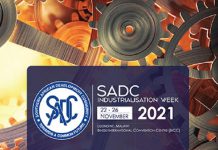HAVING been ratified by eight Southern African Development Community (SADC) member states, the Community’s Centre for Renewable Energy and Energy Efficiency (SACREEE) is about to become operational.
It would, however, require ratification by three more member countries, making a total of 11 out of all 16, for the centre to commence its operation.
Eight countries which have signed for operationalisation of the centre are Botswana, Eswatini, Lesotho, Malawi, Mauritius, Namibia, Zambia and Zimbabwe.
SACREEE would, among other things, spearhead the promotion of renewable energy development in the region.
It is expected to contribute substantially to the development of thriving regional renewable energy and energy efficiency markets through knowledge sharing and technical advice in the areas of policy and regulation, technology cooperation, capacity development, as well as investment promotion.
This was revealed in Dar es Salaam on Tuesday at the start of a four-day meeting for SADC senior officials responsible for energy.
The SADC sub-committee meeting has attracted representatives from 12 member states to deliberate on challenges facing the energy sector in the region and come up with recommendations to be considered in the forthcoming Sadc council of ministers for energy.
Officiating the meeting, Tanzania’s Permanent Secretary for Energy Ministry, Eng Zena Said, tasked the delegates to critically analyse challenges and provide technical advice for sustainable development in the region.
Eng Zena noted with concern that the region was endowed with substantial sources of energy, still most of the countries face shortage of power supply which has been hampering industrialisation agenda in the region.
“Due to the fact that energy is a key driver for development of any country I urge you to come up with remedy to challenges facing the sector in the region.
We need to speed up investment in the sector, renewable energies are highly welcomed,” he stated. SADC director of infrastructures, Ms Mapolao Mokoena, ex plained that the meeting would dwell on electricity, renewable energy and gas.
The participants would discuss issues about safety and national security with regard to using nuclear energy.
“We would focus on a number of issues such as information sharing regarding safety and security, looking at modalities of developing national approach on nuclear safety and security,” she said.
The output of the workshop and recommendations would be considered later at the ministers of the portfolio when they meet in May this year.


